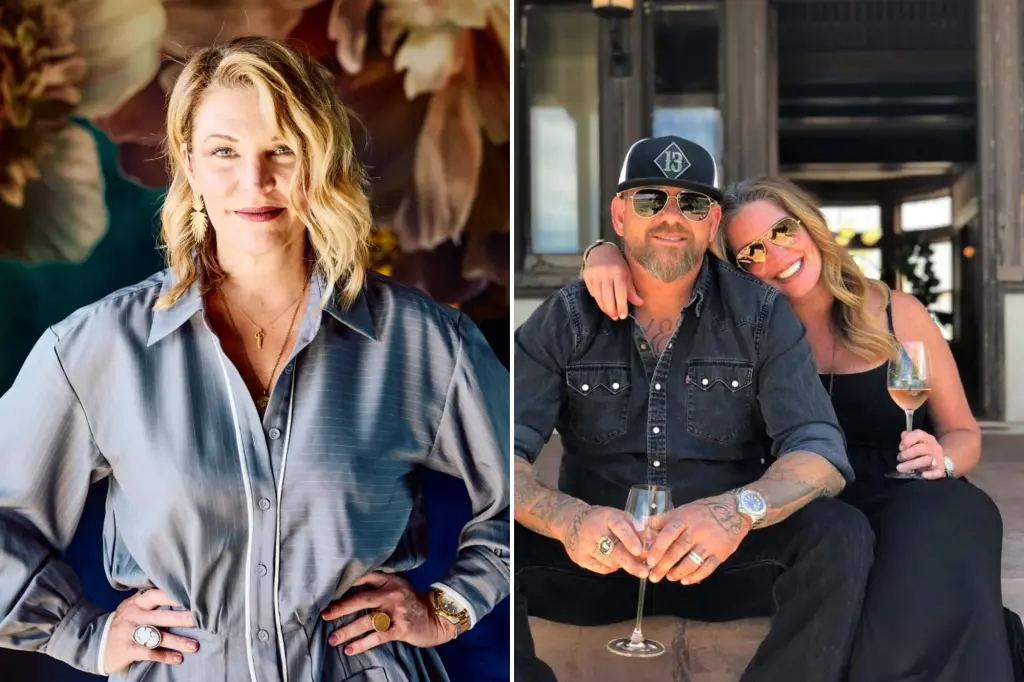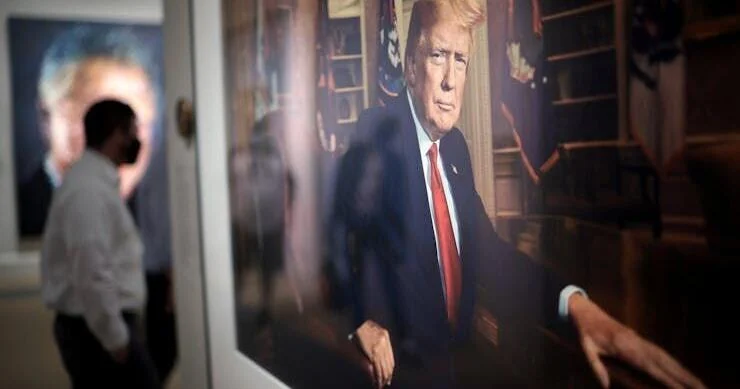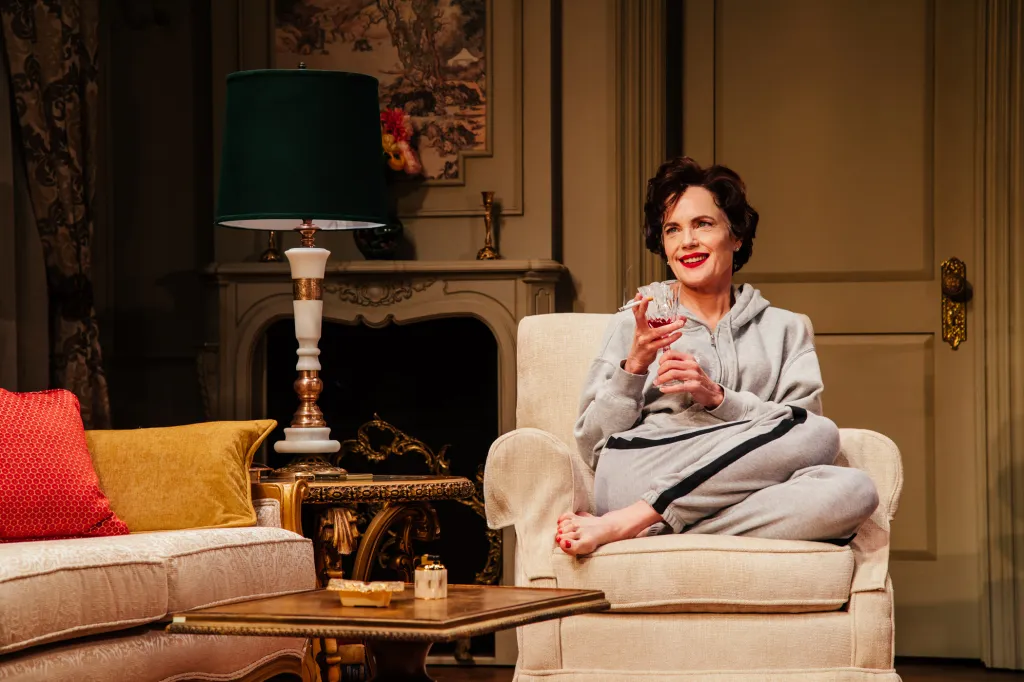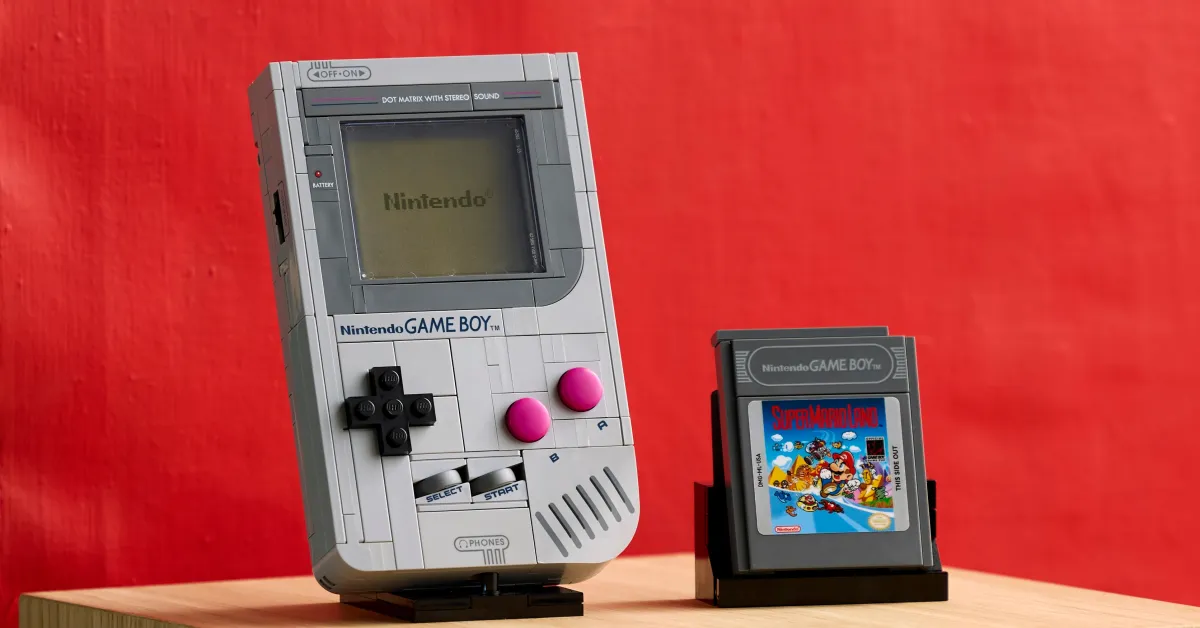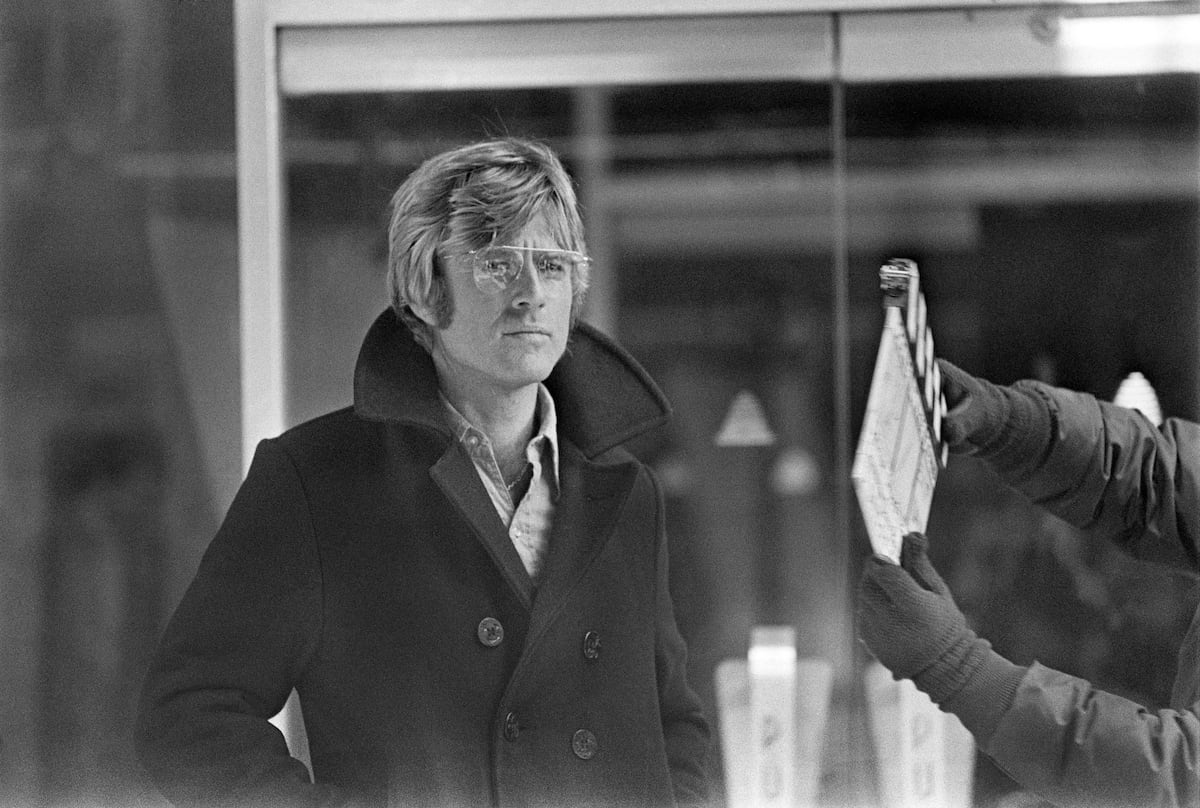
In the 1960s, when Robert Redford began to take off as an actor, he made a home in Utah to put some distance between himself and Hollywood. Two decades later, he began overseeing the film festival now known as Sundance, naming it after the Sundance Institute, which he founded in 1981 to bolster independent filmmaking.
Through the festival, Redford, who died on Sept. 16 , had a direct role in kick-starting the careers of many of today’s top actors and directors. He also had an indirect hand in shaping celebrity style and putting the local clothing stores of Sundance’s longtime home, Park City, Utah, on the map.
Over the decades, the festival, which is held in January, became a venue where showbiz movers and shakers could be seen in their wintry Western best: shearling coats, fur, cowboy hats, beanies, scarves, flannel shirts, denim and all sorts of boots.
The attire was mostly of a different genre than the finery stars wore on awards show red carpets and to other prominent film festivals in glamorous destinations like Cannes, in the south of France, or Venice, said Kate Young, a stylist in New York who has dressed Dakota Johnson and Julianne Moore for Sundance appearances. “This was a film festival where everyone kind of went as themselves,” she said.
Laura Montecot-Fruth, the owner of Grace Clothiers on Main Street in Park City, noted how, during Sundance, the street became more of a runway. “There’s nothing like seeing people on the street in the middle of the snow storms, walking up and down with their fabulous shoes, boots and even furs,” she said.
As the festival made Park City a magnet for A-listers and brands courting them — a phenomenon that Redford had said he didn’t care for — they in turn left their own sartorial imprints on the city, Montecot-Fruth, 60, added. For example: Retailer Fred Segal, a celebrity favorite in Los Angeles that shuttered in 2024, had a local presence at past festivals.
“I think the fashion got elevated thanks to the film festival,” Montecot-Fruth said. “Nobody else could bring that kind of fashion to Park City.”
A resident of Park City since 1995, Montecot-Fruth said her first local job was as a hostess at The Tree Room, a restaurant at the Sundance Mountain Resort that Redford founded after settling in Utah (he sold the resort in 2020). “He was kind and supportive,” Montecot-Fruth, who later managed another restaurant at the resort, said. “Everybody loved him so much.”
Montecot-Fruth opened Grace Clothiers, which sells chunky knitwear, jeans and other mountain-appropriate attire for women and men, in 2014. During past Sundance festivals, she has rented part of the space to the Sundance Institute for selling merchandise. “We had movie stars, and of course at times it was hard because there were people walking up and down the street, the onlookers,” she said. “It was just insane.”
The Sundance festival — which is moving to Boulder, Colorado, in 2027 — and Redford have also brought wider attention to Tanner Trading Co., a fifth-generation family business specializing in Native American jewelry and handicrafts, which opened a Park City location in 2018. Madilyn Thorpe, 31, the general manager of Tanner Trading Co., noted how Redford helped to popularize what she called “that Ralph Lauren look that is centered around Navajo culture.”
“He just had a love for the Native American art and weavings,” Thorpe added. “I love that because it brings that style and those people looking for that look into the store to shop.”
Braydan Shaw, the sixth-generation owner of Burns Cowboy Shop, a Western wear outfitter with a store in Park City, recalled making a commemorative belt buckle for Redford when former Utah Gov. Gary Herbert declared Nov. 9, 2013, as Robert Redford day in the state.
Redford “really embodied what we call the spirit of the West,” Shaw, 46, said. “He gave others that opportunity to showcase their work and their artistry in our town and for the betterment of our community.”
“We got exposure from fashion blogs and had many articles written about us,” Shaw added. “We were exposed to a different clientele and filmmakers, so it really helped promote our business.” Hollywood types who took notice of Burns Cowboy Shop included the team behind “Justified,” FX’s modern Western television series, which had custom boots made for the cast when the show ended in 2015.
Before Sundance, Shaw said, Park City was a small mining and ski town. Redford, he added, “really put it on the national stage.”
